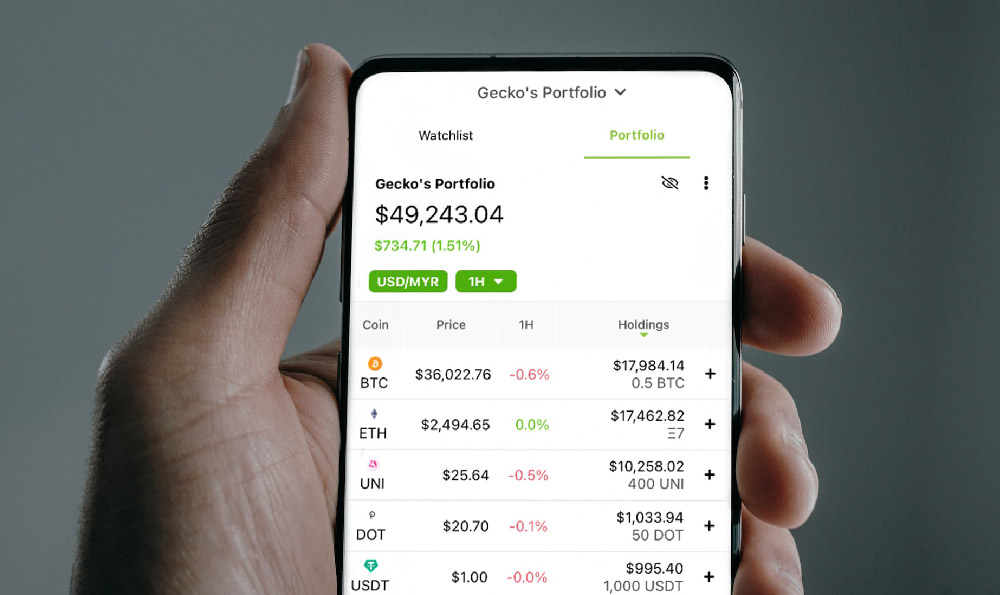The teaching profession, while rewarding, often necessitates supplementing income to achieve financial goals or simply manage daily expenses. The digital age presents numerous avenues for educators to earn extra income, particularly during summer breaks, affording them the flexibility to utilize their skills and knowledge in new and profitable ways. Understanding these opportunities and navigating the financial landscape of supplemental income streams requires a strategic approach and awareness of available options.
One increasingly popular avenue is online tutoring and educational content creation. The demand for personalized learning experiences has surged, creating a significant market for educators to leverage their expertise. Platforms connecting tutors with students are abundant, allowing teachers to set their own rates and schedules. Subjects range from core academic disciplines to specialized skills, catering to diverse student needs. Building a strong online presence through positive reviews and effective marketing can significantly increase earning potential. Furthermore, the creation of educational resources such as lesson plans, worksheets, and interactive activities can be monetized through online marketplaces dedicated to teacher-created materials. This allows for passive income generation, where the initial effort of creating the resource continues to yield returns over time. The key is to identify a niche area of expertise and create high-quality, engaging content that meets the specific needs of students and teachers.
Beyond direct educational services, teachers can explore opportunities in curriculum development and educational consulting. Schools and educational organizations often seek experienced educators to assist in designing new curricula, aligning existing curricula with national standards, or providing professional development workshops for teachers. This type of work requires a deep understanding of pedagogical principles, learning theories, and best practices in education. Consulting roles can involve analyzing existing programs, identifying areas for improvement, and recommending strategies to enhance student outcomes. The ability to present information clearly and persuasively, coupled with a strong understanding of educational research, is crucial for success in this field. Building a network of contacts within the education community can significantly enhance opportunities for securing curriculum development and consulting projects.

Another increasingly relevant field for educators seeking supplemental income is content writing and editing, particularly in the realm of educational technology and parenting. Many companies developing educational software, websites, and apps require individuals with a strong understanding of education to create engaging and informative content. This can include writing blog posts, creating website copy, editing educational materials, or developing scripts for instructional videos. Similarly, parenting websites and magazines often seek educators to provide expert advice on topics such as child development, learning strategies, and behavior management. Strong writing skills, attention to detail, and the ability to communicate complex ideas in a clear and concise manner are essential for success in this field. Platforms connecting freelance writers with clients provide a readily accessible avenue for finding such opportunities.
The gig economy offers a plethora of other options, ranging from ride-sharing to delivery services. While these options might not directly utilize educational skills, they provide flexibility and immediate income potential. Driving for ride-sharing companies like Uber or Lyft allows teachers to set their own hours and work around their schedules. Similarly, food delivery services like DoorDash and Grubhub offer the opportunity to earn income by delivering meals from restaurants to customers. These options are particularly appealing to teachers seeking short-term income to cover immediate expenses or save for a specific goal. However, it's important to consider the wear and tear on personal vehicles and the potential for fluctuating income based on demand.
Turning hobbies and personal interests into income streams is another often-overlooked possibility. Teachers with a passion for photography, graphic design, or crafting can monetize their skills through online platforms like Etsy or Upwork. Creating and selling handmade goods, offering photography services for events, or providing graphic design services for businesses can generate a significant income. The key is to identify a marketable skill and create a professional online presence to showcase work and attract clients. This can involve building a portfolio, creating a website, or actively participating in online communities related to the chosen skill.
Financial literacy is paramount when pursuing supplemental income. Setting realistic financial goals, tracking income and expenses, and developing a budget are essential for managing finances effectively. It is crucial to understand the tax implications of various income streams and to set aside funds for tax obligations. Consulting with a financial advisor can provide personalized guidance on managing finances, investing surplus income, and planning for long-term financial security. Diversifying income streams can mitigate risk and ensure a more stable financial foundation.
Finally, it's crucial to prioritize work-life balance when pursuing supplemental income. While the desire to earn extra money is understandable, it's important to avoid burnout and maintain a healthy balance between work, personal life, and professional development. Setting clear boundaries, allocating time for rest and relaxation, and pursuing hobbies and interests are essential for maintaining well-being and preventing stress. Remember that teaching is a demanding profession, and adequate rest and recuperation are crucial for maintaining effectiveness in the classroom. Choose income-generating activities that align with personal values and interests, and ensure that they do not detract from the primary responsibility of teaching. By strategically exploring these diverse avenues and prioritizing financial literacy and well-being, educators can effectively supplement their income, achieve their financial goals, and enhance their overall quality of life.












